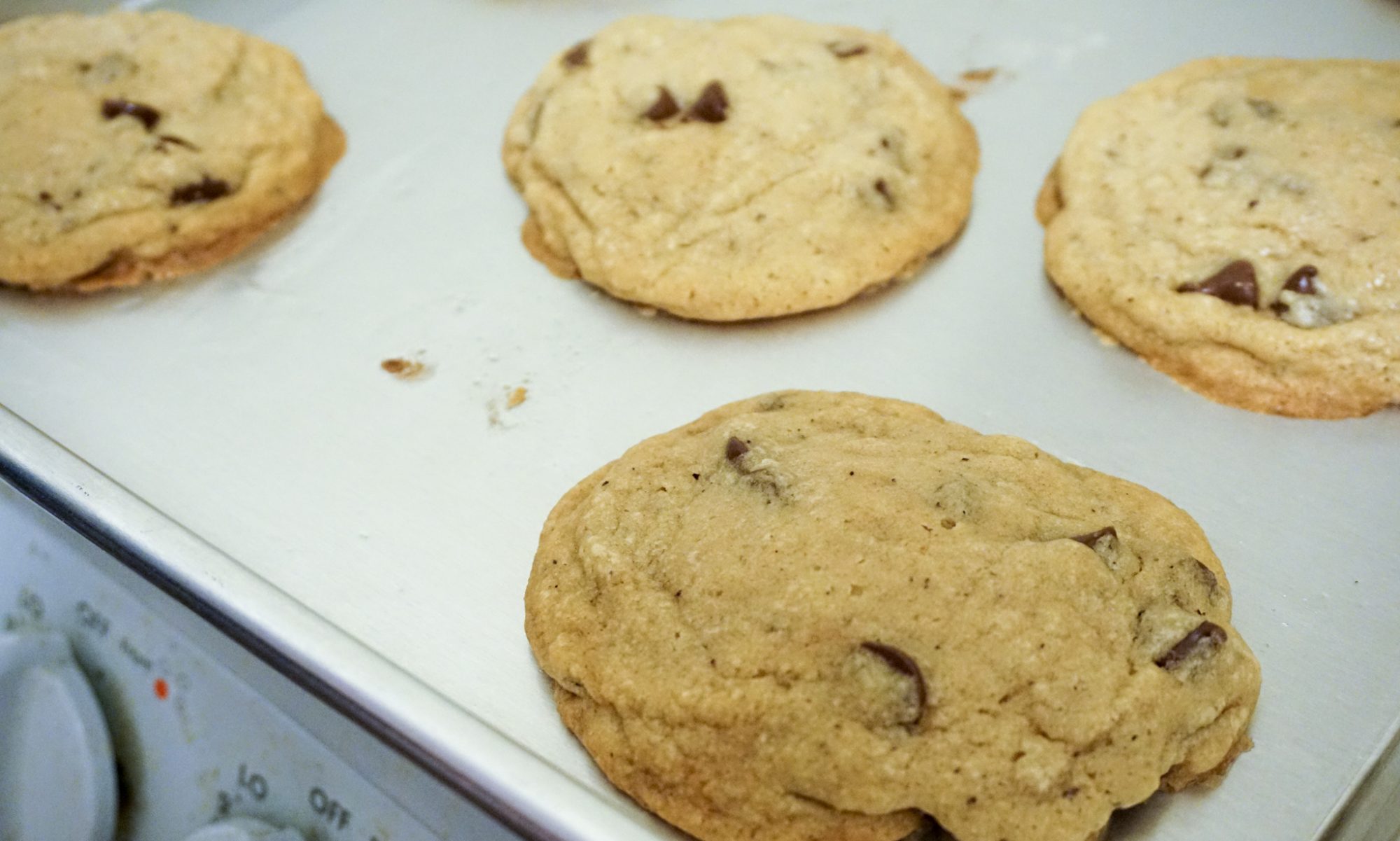California is having a heat wave today and tomorrow. Around San Jose, it’s supposed to get up to 102°F or so! Whew! It’s time to take extreme evasive maneuvers, which means camping out in air-conditioned buildings!
J and I rarely use the air conditioning (or heat, for that matter). My preference is to leave the windows open at night to bring in the cool air or just tough it out if it’s too warm. If it’s too hot to sleep (usually > 83°F), we turn the AC on for a few hours before going to bed. If it’s too hot during the day even for sitting at a computer, though, I would rather just go somewhere else.
There are plenty of buildings that I can take advantage of that always have their AC on, like the public library, city hall, coffee shops, grocery stores. Before people had AC, it was common to go to the movie theater to camp out. That’s too expensive to do now just for the AC, but you might use a hot day to watch a movie that’s been on your list.
“In the typical home, air conditioning uses more electricity than anything else—16% of total electricity used. In warmer regions AC can be 60-70% of your summer electric bill, according to Austin Energy.” From this site, which also has tips on how to reduce your electric bill and make your AC more effective.
I have a few tips myself:
- Don’t do a lot of cooking when it’s hot out. Eat leftovers, use the microwave, or make dishes that don’t need cooking.
- Get a cross-breeze going. Open doors and windows, especially ones located on opposite sides of a room. If you have double-hung windows, open the top sash of one, and the bottom sash of the other. The difference in air pressure should make a stronger breeze.
- Use a fan instead of air conditioning.
- Keep sunny windows (especially south and west -facing) covered.
- Make sure your AC vents aren’t blocked, by furniture, for example.
I have an interesting note on fans versus air conditioning relevant to tips 2, 3, and 5. Fans blowing air at a given temperature can more effectively cool you than still air at a temperature several degrees cooler. This is because actively convected liquids are much (about an order of magnitude) better at heat transfer than still liquids (or passively convected liquids, which move very slowly).
Edit: It’s actually supposed to get up to 106°F today!! And 104°F tomorrow. Fortunately, it should be in the low 70s overnight. Do mediterranean climates usually have such large diurnal temperature variations?
